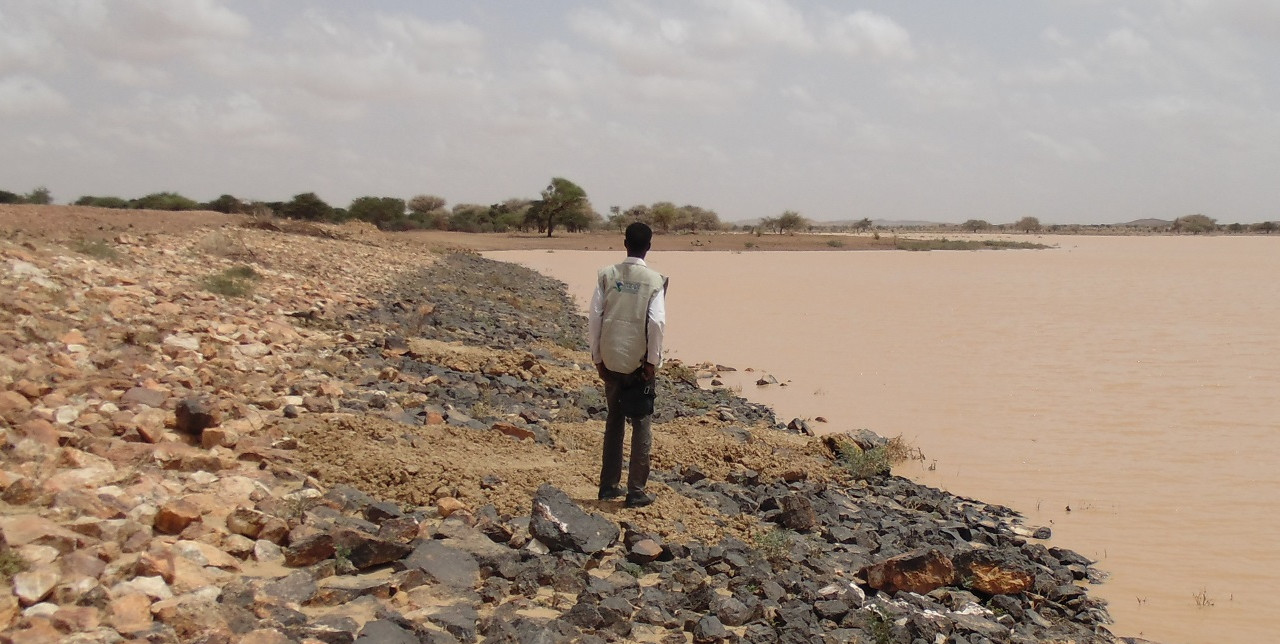14-06-2019 | di COOPI
North Darfur: a project to tackle climate change
Try to imagine an area of 296,420 km², where an estimated population of approximately 1,583,000 people (2006) are at risk of malnutrition, lack water and are exposed to continuous conflict.
This is North Darfur and, to be more specific, this is what is happening in the four localities of Malha, Mellit, Um Keddada and Um Baru.
Here, since 2017, we have decided to take action with our "Strengthening Local Communities resilience to climate change in North Darfur" project, funded by the European Union and implemented by the Sudanese Environmental Conservation Society (SECS).
This three-year project contributes to strengthen the capacity of about 108,000 people – including 18,000 families, where about 7,200 women are in charge - and to provide them with sustainable livelihoods to tackle climate change.
Traditionally, local communities have always relied on farming. Unfortunately, climate instability led to a decrease in rainfall and an increase in droughts, thus resulting in livestock loss, poor milk production, animal breeding slowdown and widespread food insecurity.
Finding water has now become our biggest challenge – in these areas, water supply depends on courtyards or wells. And although there are watercourses, they are not evenly distributed throughout the territory, thus forcing people to walk for hours with their livestock to reach them.
Rehabilitating water collection systems and encouraging sustainable resource management will strengthen the resilience of local communities and contribute to their economic recovery.
Natural resources management is one of our project main actions, alongside with finding safe water sources, by:
implementing community forests; creating shelter belts and rangeland enclosures; building water harvesting structures, like dams, haffirs, rock check dams, water spreading bunds and fire lines.
Further initiatives, such as improving natural resources conservation or adopting renewable energy best practices, will also contribute to tackle the main consequences of climate change, including environmental degradation, which is already affecting vulnerable communities and leading to human displacement.




 Sudan
Sudan